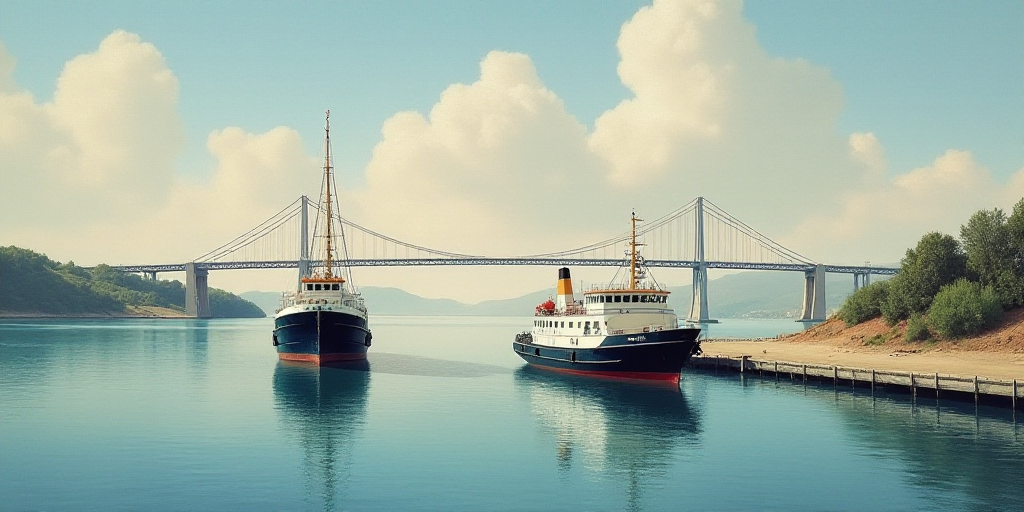Key Players and Project Overview
The Panama Canal Authority (ACP) has initiated discussions with 23 interested companies for a parallel gas pipeline project to the interoceanic route, facilitating fuel transport from the United States to Asia. Among these companies are major petroleum firms Shell and ExxonMobil.
Project Details
- The proposed 77-kilometer gas pipeline aims to transport propane, butane, and ethane from the US East Coast to China, Japan, and South Korea.
- The ACP anticipates starting construction in 2027, with the pipeline expected to double its business value over the next decade.
- Fuel will be shipped to the Panamanian Caribbean, cross the isthmus via the gas pipeline, and then be re-embarked in the Pacific for Asia.
Market Demand and Strategic Importance
According to ACP head Ricaurte Vásquez, the demand for petroleum gas is projected to double in the next ten years. Without this pipeline, alternative transportation routes may emerge.
The estimated cost for the gas pipeline ranges from $2 billion to $8 billion, depending on whether all three gases or only some are transported.
The Panama Canal, a vital maritime trade route connecting over 1,900 ports in 170 countries since its US opening in 1914, currently handles around 5% of global maritime commerce.
Prior to 2023, more than 90% of propane, butane, and ethane shipped from the US to Asia passed through the Panama Canal. However, this percentage has been declining.
The anticipated gas pipeline would enable the transportation of 2.5 million barrels of fuel daily, as per ACP estimates.
Timeline and Concession Selection
The ACP aims to select a concessionaire by the fourth quarter of 2026. Vásquez believes that increased gas transportation is likely due to India’s industrialization and the US’s export capabilities.
Key Questions and Answers
- Who is involved in the project? The Panama Canal Authority (ACP) has initiated discussions with 23 companies, including Shell and ExxonMobil.
- What will the gas pipeline transport? The pipeline will carry propane, butane, and ethane from the US East Coast to Asia.
- When will construction begin? The ACP plans to start constructing the 77-kilometer pipeline in 2027.
- What is the estimated cost of the project? The gas pipeline’s cost could range from $2 billion to $8 billion, depending on the gases transported.
- Why is this project important? The demand for petroleum gas is expected to double in the next decade, and this pipeline would ensure a reliable transportation route.
- When will the concessionaire be selected? The ACP aims to choose a concessionaire by the fourth quarter of 2026.






